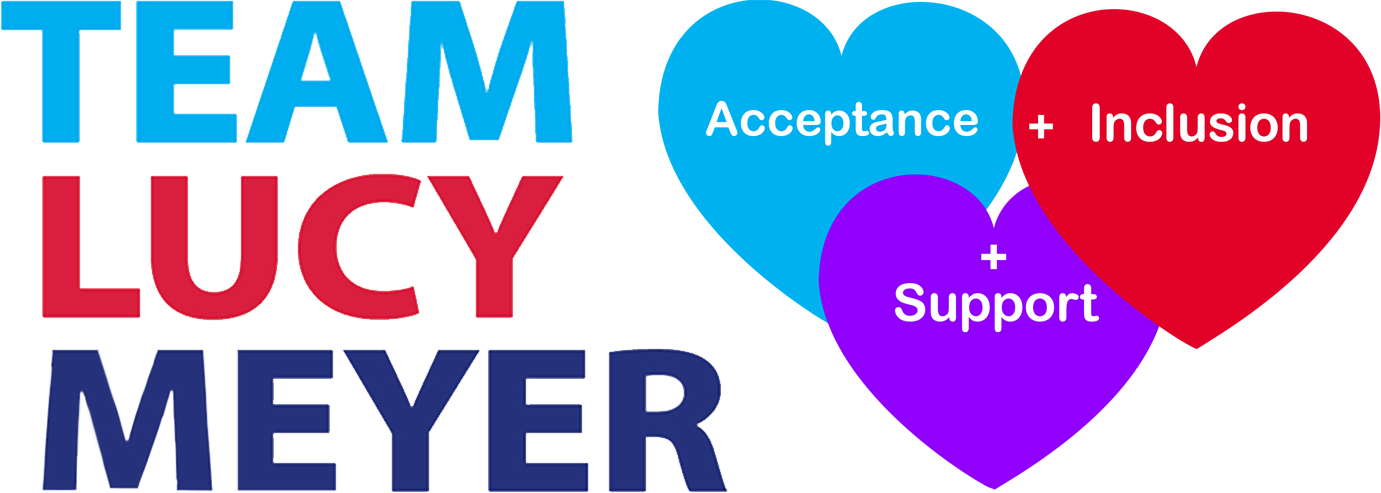Situation Overview
Worldwide, there are nearly 240 million children with a disability. Children with disabilities are one of the most marginalized and excluded groups in society. They are less likely to receive health care and education and are more likely to experience violence, exploitation and abuse than children without disabilities. Estimates suggest that in developing countries almost half of all children with disabilities are out of school– 42 percent at the primary level and 56 percent at the lower secondary level. Furthermore, in most developing countries, many parents of children without disabilities would not want their child to attend school with child with a disability. This attitude is not acceptable and Special Olympics and UNICEF USA provide a successful and cost-effective means to lower this stigma. Childhood deprivations can have a lasting effect, limiting access to gainful employment or participation in civic life in the future.
A Global Partnership
For many years, UNICEF has recognized that access to sport and recreational opportunities can help children with disabilities participate in valued activities with other children and thereby enhance their social inclusion. These activities not only change what communities think and feel about persons with disabilities, they also change what children with disabilities think and feel about themselves. The societal stigma of having a disability is greatly diminished when children without disabilities are exposed to children with disabilities at a young age. UNICEF and Special Olympics advance the opportunities for children with intellectual and developmental disabilities. Today, these organizations are active in more than 30 countries.
These are the four main Special Olympics programs that Lucy supports:
- Unified Sports Program: This program promotes social inclusion through shared sports training and competition experiences and joins people with and without intellectual disabilities on the same team. It was inspired by a simple principle: training together and playing together is a quick path to friendship and understanding. Teams are made up of people of similar age and ability, which makes practices more fun and games more challenging and exciting for everyone. By exposing all children to each other at a young age, this program is key to meaningfully lowering the stigma that people with disabilities face in their respective communities.
- Healthy Athletes Program: This program offers health screenings to all participating Special Olympics athletes free of charge. It addresses the health needs of persons with intellectual disabilities and helps improves the attitudes of the medical and healthcare community towards special needs populations. Comprised of seven individual clinical disciplinary programs, Healthy Athletes Programs include screenings for physical and emotional health, dental, vision, hearing, lower extremity biomechanics, flexibility and balance. For most of these athletes, this is the first time that they have undergone a thorough medical examination and this program provides much needed access to these individuals with disabilities. Through Special Olympics’ vast network, most of this program is volunteer and the needed items provided such as glasses, shoes, socks, and toothpaste are donated through its partners.
- Young Athletes Program: Special Olympics Young Athletes is a sport and play program for children with and without intellectual disabilities (ID), ages 2 to 7 years old. The Young Athletes program provides children with activities and games that meet their individual skill and ability levels, while allowing them to play together in a fun and inclusive environment. The program shows that all children should be valued for their talents and abilities. Children of all abilities take part, and they all benefit. In addition to having fun and developing skills, the program instills a spirit of acceptance and inclusion which will serve them well as they become productive citizens of their generation.
- Family Health Forum: Running concurrent to the Young Athlete Program, Family Health Forums educate and empower family members to provide appropriate stimulation and activities for their child in their home environment while also offering health promotion tips and educational resources. Forums brings together parents and caregivers of children with intellectual disabilities. They provide an opportunity for communities to access direct health information and connect to additional resources that can improve the health and wellbeing of children with disabilities.
We need your help to expand this work! We want to reach all young people in the developing world who face isolation, abuse – or worse—due to their disabilities. Please join us in making this world a better place for children with disabilities—all 240 million of them!
